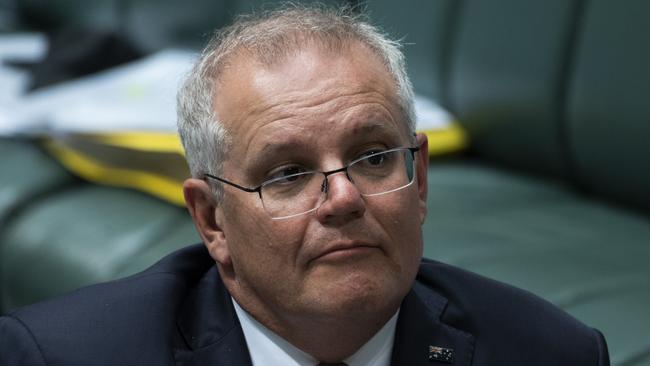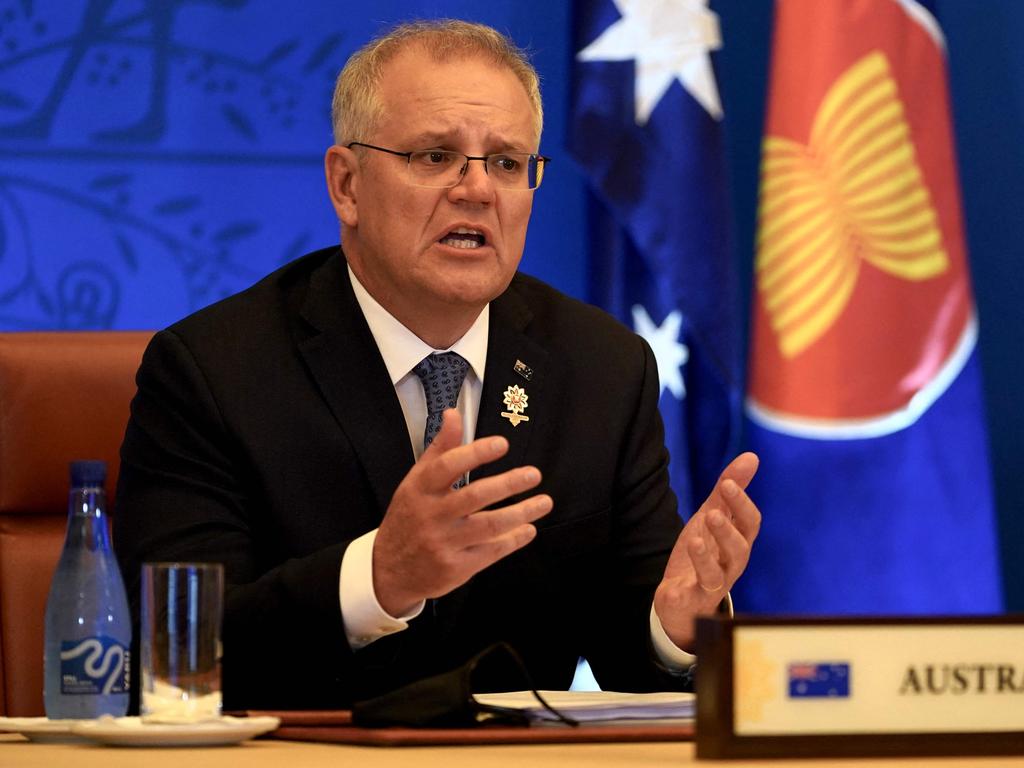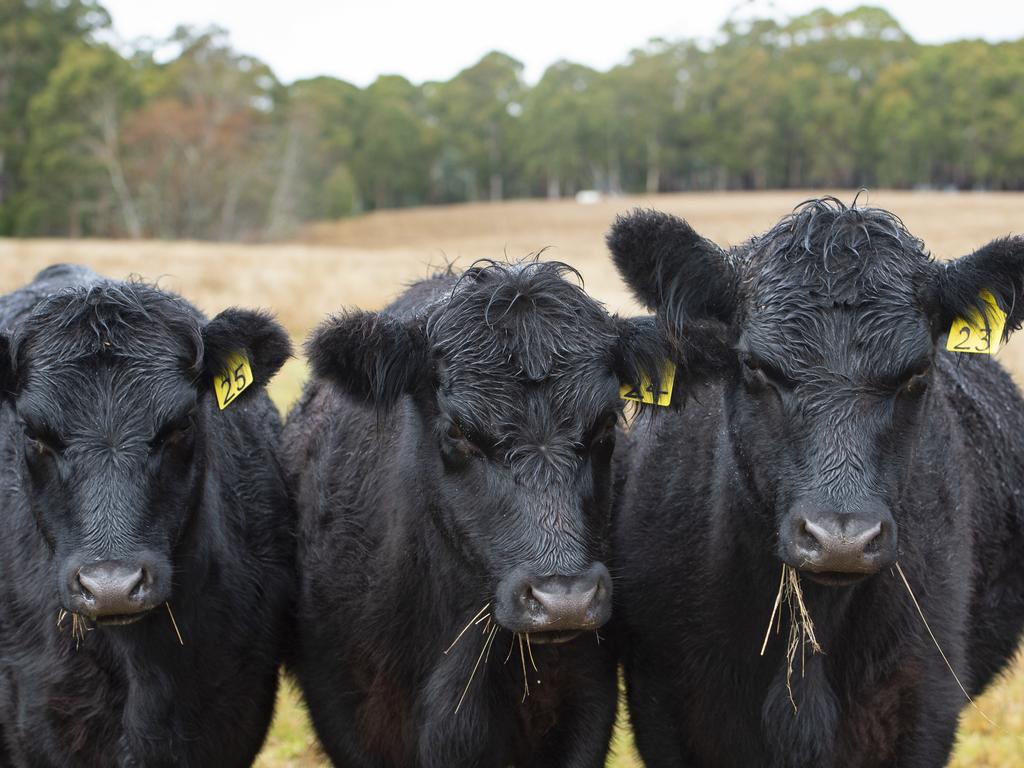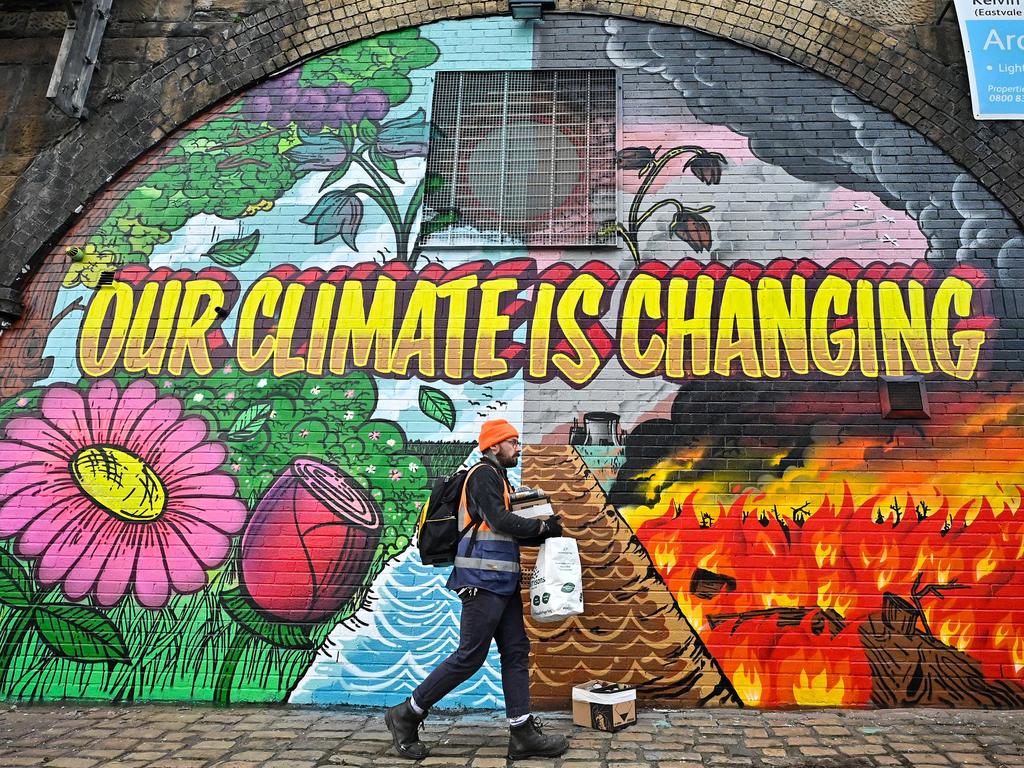How did Morrison let his government flounder like this


Still, it says something about the Morrison government’s mindset that it now has two distinct policies – net-zero emissions by 2050 and nuclear submarines by 2040 – with no clear pathway to achieve either and no obvious differences between itself and the Labor opposition.
Having policies for 2050 and 2040, but not for next year, is hardly a good position to be in eight months out from an election, with a wafer-thin majority, an unfavourable redistribution, behind in the polls, and seeking a fourth term. This is especially so when many of the policies for this term are yet to be delivered.
Ask yourself this: what’s now the case for re-electing the government, other than the assertion that Labor would be worse? The Coalition’s traditional arguments – that Labor can’t be trusted with the economy or with national security – are far less persuasive than usual, given Labor’s shrewd in-principle support for the submarine acquisition and the government’s pandemic spendathon that’s delivered the biggest ever peacetime debt and deficit.
Anthony Albanese has dumped (at least for now) his predecessor’s commitment to taxing retirees’ franking dividends and the negative gearing hit, and is likely to limit his climate commitments to enshrining in law the government’s 2030 emissions projection and 2050 target. That’s not much to scare voters, especially as attacking Labor for wanting to legislate the Coalition’s position just risks making the government look insincere and conflicted.
Usually, a government seeking re-election has a catalogue of delivered policies to trumpet come campaign time, but at best it’s a skinny list right now. Sure, there’s been a pandemic to deal with; Australians are sick of health authoritarianism, but most fair-minded people recognise that we’ve avoided the heavy death toll of other countries. Still, all those undelivered commitments: to protect religious freedom; to establish a federal anti-corruption body; and to establish an Indigenous voice were in portfolios that shouldn’t have been distracted by the health crisis.
The fact that these were unwise commitments in the first place provides another clue to this government’s character. The Coalition is now far more unwilling to defend its ideological ground, hoping instead that a mere announcement will make the problem go away. Those who want to see the centre right stand and fight on values end up disappointed, while others who, not unreasonably, expect commitments to be implemented, feel let down when they’re not.
Protecting the rights of long-established religious schools and charities to keep their character is vital, but how do you safeguard humane religions as opposed to fundamentalist ones? No one wants to see corruption in high places, but what evidence of this is there at a federal level and how do you avoid ICAC-style witch hunts? Certainly, Aboriginal people deserve to have their voices heard, but how do you end discrimination by creating a race-based entity that will further complicate an already sluggish legislative process and create two classes of Australian?
All this should have been obvious to the government and better thought through before these commitments were made; the fact it wasn’t says it all.
This is a government that complains constantly about the ABC yet takes no effective action to get it to abide by its charter. It’s a government that says it is against identity politics, yet apart from Peter Dutton’s direction to Defence to focus on its core business does nothing about it.
Responding to concerns that consistent record levels of immigration were depressing wages, boosting housing costs and overloading roads and public transport, the government announced a 30,000 cut in permanent migration, while doing nothing to limit the short-term work and student visas that were driving the influx. It’s now talking about yet higher migration post-pandemic to meet the demand for unskilled workers rather than training our own. It hasn’t amended section 18C of the Racial Discrimination Act, as promised (here, “left-Liberals” are the issue), nor has it begun to build the long talked about nuclear waste storage facility, even though a site has been identified.
For months, Education Minister Alan Tudge has been railing against the draft national curriculum, which expected Year 2 students to be able to recognise racism in statues but not to have mastered their times tables. Rightly, he has questioned the country’s ability to defend itself if tomorrow’s soldiers have been convinced by their teachers that Australia Day is “invasion day” and that Anzac Day is a “contested idea”. He says the latest iteration has gone from “F” to “C” but needs to be “A plus” if our kids are not to be let down. Yet he hasn’t been backed in by cabinet to scrap the whole thing. Rhetoric without deeds – this whets voters’ appetite for change without delivering it, causing frustration.
On pandemic management, the Prime Minister’s refusal to call out the repeated failure of premiers to adhere to national cabinet decisions has diminished his standing. Even the commonwealth’s best decision, to acquire a fleet of nuclear-powered submarines, is eroded by an 18-month study period and a two-decade acquisition horizon when the deteriorating strategic position demands more and better subs now. Unless the government is in urgent talks to take over retiring British or US submarines as operational training boats for our navy, even this could be yet another announcement doomed never to come to fruition.
Meanwhile, the government’s capitulation to net-zero pressure from woke businesses and left-wing Liberals in wealthy inner city seats raises the obvious question: what were the previous four elections about, starting in 2010 when the Coalition reduced a first-term Labor government to minority status campaigning against an emissions trading scheme that would be a “great big new tax on everything”; then won in 2013 promising to repeal the carbon tax; and finally the “miracle” 2019 win campaigning against Bill Shorten’s “reckless” 2030 emissions target? As long as the Coalition could make climate change an economic issue, it was on a winner. But now Morrison has effectively admitted it really was a moral issue all along and his lack of mandate doesn’t matter.
How could “fantasy” climate targets be so wrong once, yet so right now, even though nothing’s changed except the rhetoric about a “plan” (that something will turn up) and constant repetition that cuts will come from “technology not taxes”? Much of what we think we’ll need hasn’t even been invented yet, and what exists – nuclear – we ban.
On so much, there is barely a cigarette paper now between the Coalition and Labor. How has a once proud government come to this?






Nothing highlights the disconnect between voters and the Canberra class better than the fixation on net zero, a policy for 30 years’ time, or 10 elections hence, at a time when Australians, limping out of lockdowns, are willing their leaders to deal with the myriad pressing issues facing our country.